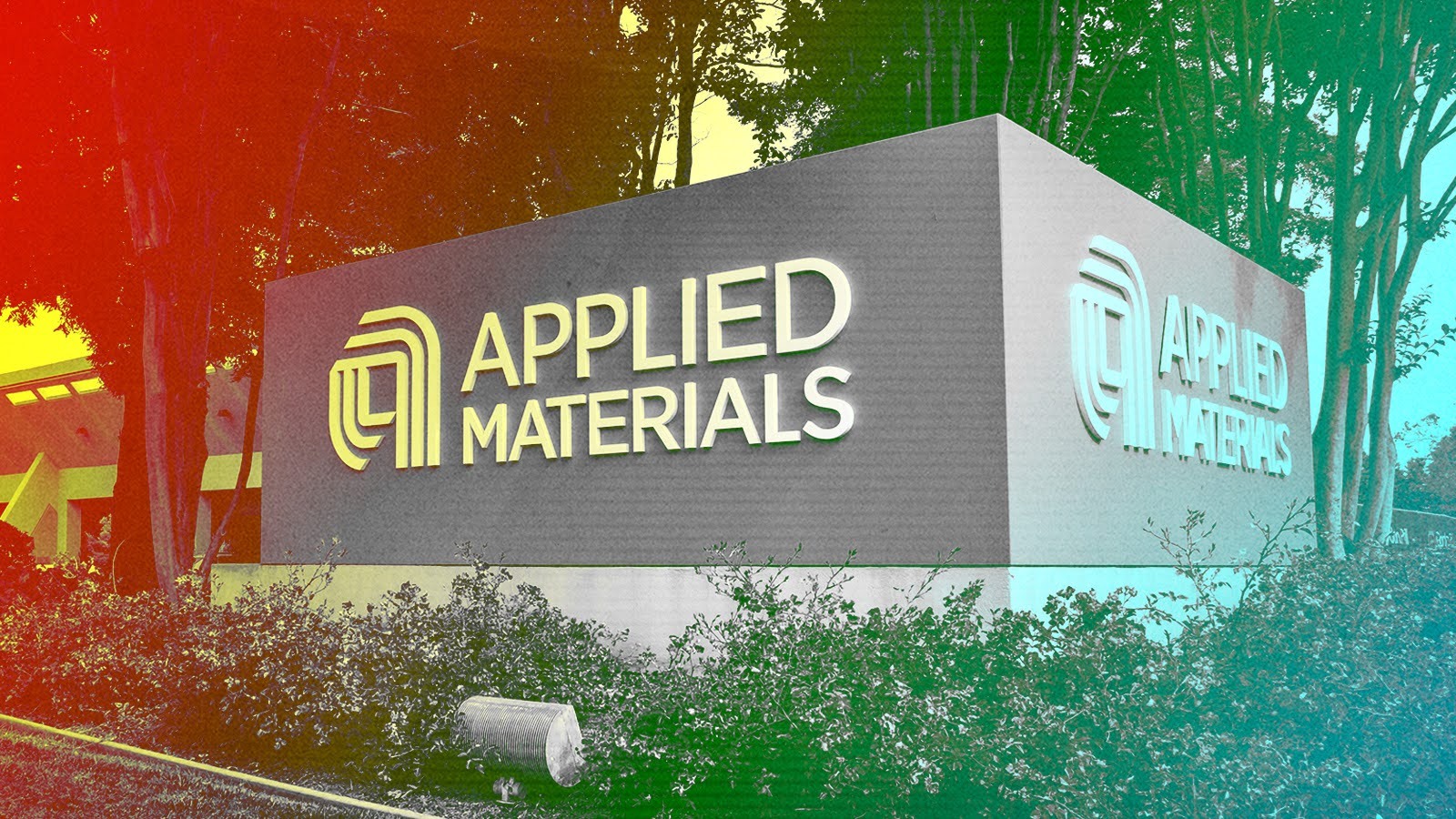The U.S. Department of Homeland Security announced Tuesday that it was adding steel, copper, lithium and two other products to its list of high-priority sectors for import scrutiny under the Uyghur Forced Labor Prevention Act (UFLPA).
DHS paired the announcement with the release of an update to Congress on UFLPA enforcement strategy, which touted the U.S. government’s progress in and commitment to denying imports suspected of ties to forced labor in China’s Xinjiang region.
“Ending forced labor is an economic and national security imperative for the United States,” Christopher C. Pratt, acting DHS undersecretary for strategy, policy and plans, said in the strategy report. UFLPA enforcement, the report said, “addresses unfair competition for compliant U.S. and international manufacturers and promotes American businesses and industry.”
The new designations of such widely used materials mean that businesses operating in the U.S.—particularly in the already-scrutinized auto sector—may have to adapt once again.
The details: DHS added steel, copper and lithium to its high-priority list along with jujubes (or red dates) and caustic soda, a chemical used in the manufacturing of textiles, electronics and household goods. The report cited each new addition’s connections to Xinjiang and to forced labor risks.
Lithium, which the report said “has become increasingly important” in Xinjiang and a government-identified “key sector for investment and development,” is commonly used in electric vehicle batteries as well.
DHS paired the announcement with the release of an update to Congress on UFLPA enforcement strategy, which touted the U.S. government’s progress in and commitment to denying imports suspected of ties to forced labor in China’s Xinjiang region.
“Ending forced labor is an economic and national security imperative for the United States,” Christopher C. Pratt, acting DHS undersecretary for strategy, policy and plans, said in the strategy report. UFLPA enforcement, the report said, “addresses unfair competition for compliant U.S. and international manufacturers and promotes American businesses and industry.”
The new designations of such widely used materials mean that businesses operating in the U.S.—particularly in the already-scrutinized auto sector—may have to adapt once again.
The details: DHS added steel, copper and lithium to its high-priority list along with jujubes (or red dates) and caustic soda, a chemical used in the manufacturing of textiles, electronics and household goods. The report cited each new addition’s connections to Xinjiang and to forced labor risks.
- Referenced: In its section on caustic soda, DHS also cited a 2023 Brief piece on a Xinjiang-based chemical company. That company, we wrote, was increasing its production of caustic soda and then exporting its products through intermediaries into global supply chains.
Lithium, which the report said “has become increasingly important” in Xinjiang and a government-identified “key sector for investment and development,” is commonly used in electric vehicle batteries as well.
Of note: The DHS releases landed the same day that six major automakers released a joint letter to suppliers, alerting them to an “industry-wide collaboration” to address forced labor and new requirements for due diligence reporting.
That collaborative program will include a standardized Due Diligence Reporting Template, access to risk-screening tools, training and resources, wrote Ford, GM, Honda, Nissan, Stellantis and Toyota.
The regulatory landscape “continues to rapidly evolve,” they said, and new and existing legislation—including the UFLPA, Canada’s Fighting Against Forced Labour and Child Labour in Supply Chains Act, and the EU’s Corporate Sustainability Due Diligence Directive (CSDDD)—are “driving enhanced requirements for supply chain transparency and due diligence throughout the automotive industry.”
State of play: The new DHS-flagged materials join a growing list of goods that receive priority scrutiny under the UFLPA, including aluminum, apparel, cotton and cotton products, polyvinyl chloride, seafood, polysilicon, and tomatoes.
Since the UFLPA took effect in 2022, as DHS noted in its news release, Customs and Border Protection has examined more than 16,000 shipments, valued at a total of almost $3.7 billion. It has denied more than 10,000 of those, worth close to $900 million.
More from Kharon on the UFLPA:
That collaborative program will include a standardized Due Diligence Reporting Template, access to risk-screening tools, training and resources, wrote Ford, GM, Honda, Nissan, Stellantis and Toyota.
The regulatory landscape “continues to rapidly evolve,” they said, and new and existing legislation—including the UFLPA, Canada’s Fighting Against Forced Labour and Child Labour in Supply Chains Act, and the EU’s Corporate Sustainability Due Diligence Directive (CSDDD)—are “driving enhanced requirements for supply chain transparency and due diligence throughout the automotive industry.”
State of play: The new DHS-flagged materials join a growing list of goods that receive priority scrutiny under the UFLPA, including aluminum, apparel, cotton and cotton products, polyvinyl chloride, seafood, polysilicon, and tomatoes.
Since the UFLPA took effect in 2022, as DHS noted in its news release, Customs and Border Protection has examined more than 16,000 shipments, valued at a total of almost $3.7 billion. It has denied more than 10,000 of those, worth close to $900 million.
More from Kharon on the UFLPA:
- Visualized: For the UFLPA’s anniversary in June, Kharon crunched the numbers behind three years of U.S. enforcement and associated China risks.
- Red flags: Chinese government bureaus and media are using new terms to describe forced-labor-linked practices. Learn what to watch for.
- Case study: Our research found that some UFLPA-listed companies are expanding, away from Xinjiang and its U.S. scrutiny.







